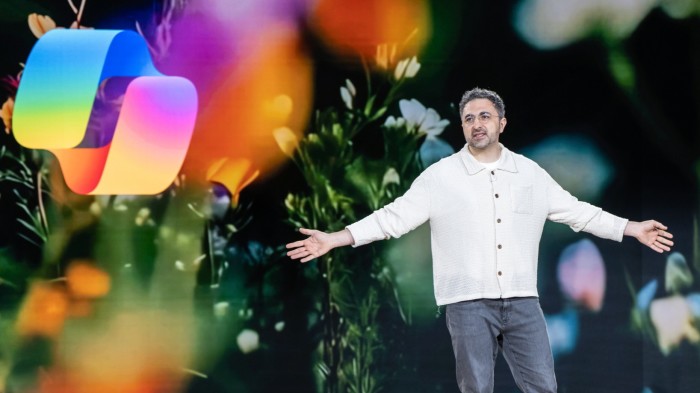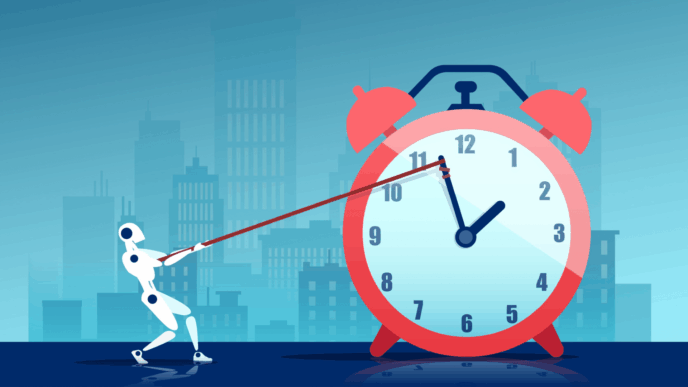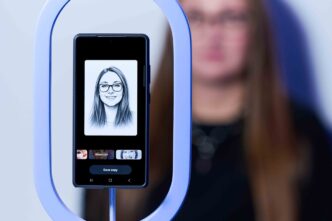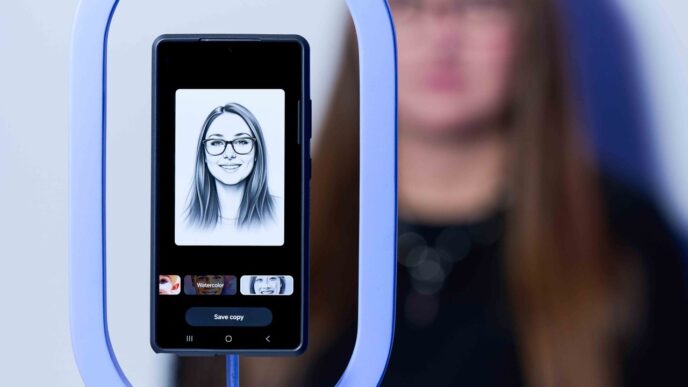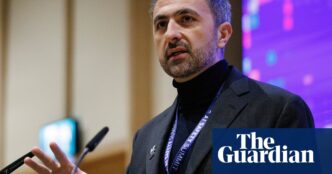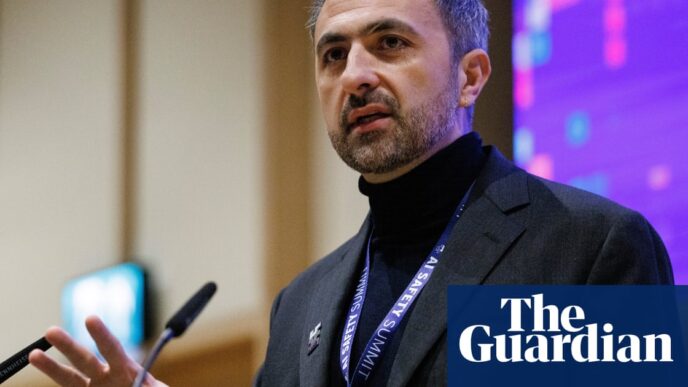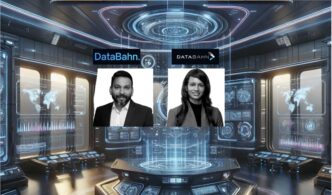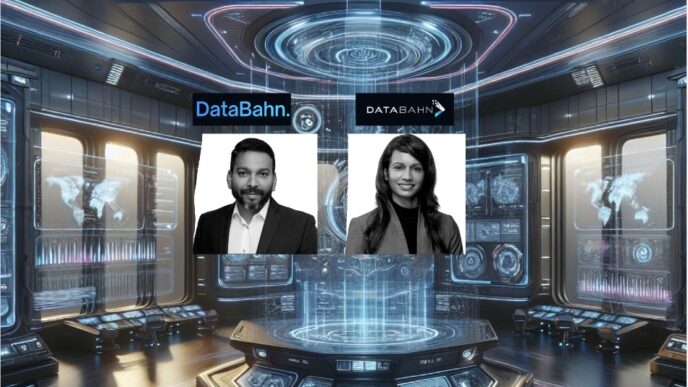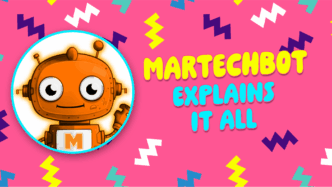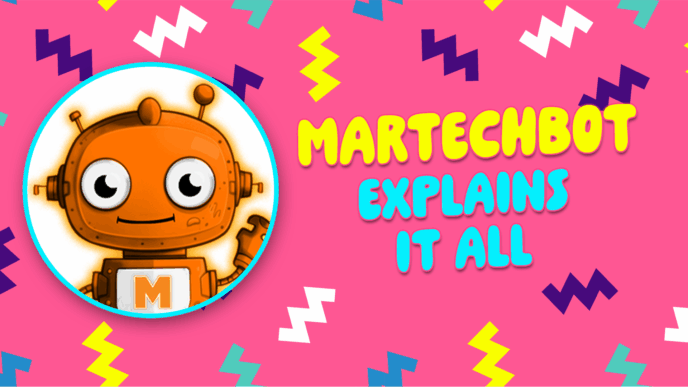Microsoft has launched an AI-powered medical tool claiming it diagnoses complex diseases four times better than doctors. The system is called Microsoft AI Diagnostic Orchestrator (MAI-DxO).
It’s the first output from Microsoft’s AI health unit, led by Mustafa Suleyman with ex-DeepMind staff. MAI-DxO uses a panel of five AI “doctor” agents that debate and collaborate on diagnostic decisions.
To test it, Microsoft fed MAI-DxO 304 tough cases from the New England Journal of Medicine. The AI combined multiple top large language models (from OpenAI, Meta, Anthropic, Google, xAI, and DeepSeek) under an “orchestrator” system handling reasoning via a “chain of debate.” OpenAI’s model drove MAI-DxO to solve 85.5% correctly.
By contrast, human experts in the trial managed only about 20%. But doctors couldn’t consult textbooks or colleagues, which might have boosted their results.
The tech could soon hit Microsoft Copilot and Bing, platforms answering 50 million health queries daily.
Suleyman said Microsoft’s AI is nearing “dramatically better” than humans — faster, cheaper, and four times as accurate.
Dominic King, ex-head of DeepMind health now at Microsoft, called it “better than anything we’ve ever seen” and a potential “new front door to healthcare.” He noted the AI also reduced diagnostic tests, saving significant costs.
However, King cautioned the AI is still early-stage, unreviewed, and not ready for clinics.
Cardiologist Eric Topol praised it as a “landmark study” showing generative AI’s potential in medicine, especially on cost and accuracy fronts.
Microsoft’s $14B OpenAI investment gives it exclusive rights for usage, but tensions persist as OpenAI aims to go for-profit, shifting partnership terms.
Suleyman emphasized the orchestrator, not any single model, is the key differentiator:
"We have long believed that they’ll become commodities . . . it’s the aggregate orchestrator which I think is the differentiator."
The push comes as DeepMind, Microsoft’s AI rival, continues to make waves in AI-driven healthcare breakthroughs, including last year’s Nobel Prize-winning protein research.
Expect Microsoft to roll this AI into consumer tools soon, reshaping how people get medical advice.

